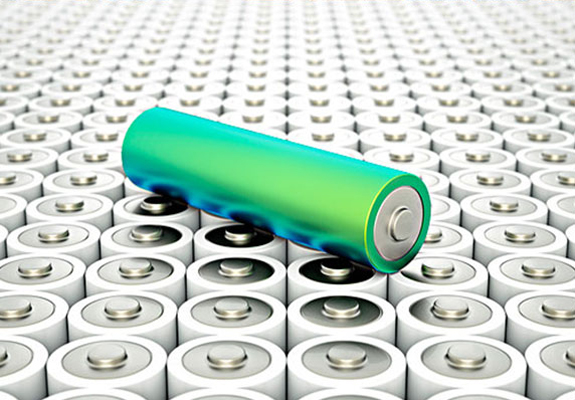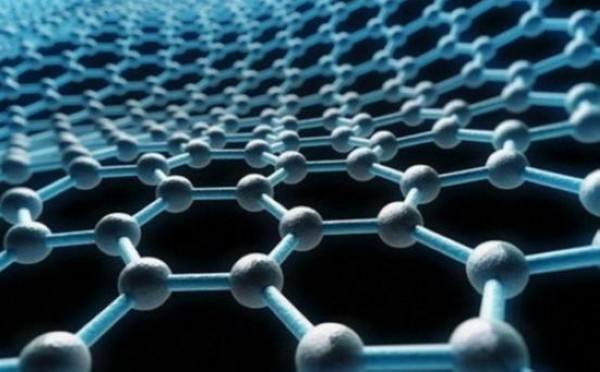Lithium-Ion Boat Battery Price-Cycle Life and Performance
APR 07, 2020 Pageview:947
For many years boat owners were using the lead-acid battery to run electric lights, start their engines and power inverters. Today, these owners are using lithium batteries due to its durability and better performance.
The batteries can discharge up to 100%, but it's better to reach 80%. Thus with a 300amp-hours, the boat owner has 240 amp hours at his disposal. The batteries are light in weight and can fast charge to nearly 100%
How Long Do A Lithium-Ion Boat Battery Last?
The lithium-ion boat battery is long-lasting; thus, they keep your boat cutting through the waters and waves without weighing the vessel down. Therefore, this type of battery several advantages, such as storing a greater amount of energy in a smaller as compared to other batteries. Further, the battery has high energy density, it's lighter, smaller and fully sealed; thus, they don't require any maintenance. For that reason, the battery can be used for speedboats and smaller boats.
A li-ion marine battery can charge faster and has a longer lifespan as compared to other batteries. These batteries lose relatively lower energy when idle in relation to others. For instance, a Li-ion battery will lose roughly 1.5% of its energy if it sits idle for a month while nickel-metal hydride battery loses 20% when it remains unused for the same period.
Therefore LiFePO4 batteries are ideal for boats used in fishing, sailing and exploring the sea, for it's a dependable source for power. They are environmentally friendly for they don't emit vapors, fumes and are made of recycled material.
Therefore li-ion batteries last longer when compared to a lead-acid battery, thus eliminating the fear of getting stuck with a dead battery while on the water. The lithium battery will last 10 years when used properly. They can give you over 2,000 cycles if you discharge them 80%. You keep them in the best shape if you avoid draining them beyond 50%.
How Much Is a Lithium-Ion Boat Battery?
Marine vessels use lithium batteries due to their highest safety rating and less than 1% rate of failure as compared to other batteries in the industry.
A lithium-ion battery is quite expensive when compared to other brands; however, they last longer than others. You can use them on your boat for 8-10 years, which is double what lead-acid batteries offers you. Thus their benefits lower the cost of purchase and installation over time.
The marine lithium ion batteries are sold as follows.
12v series: 35AH at $449.99; 40AH at $499.99; 50AH at $599.99; 100AH at $1,249.99 while 300AH at $2,999.99
The 36V trolling motor battery kits with 3 bank li-ion battery charger: 50AH at $2,069.97; 75AH at $2,999.97; 80AH at $3,149.97 and 100AH at $3,899.97.
The battery chargers range from $235.99 to $609.99.
The following are some of the benefits that make marine lithium batteries superior.
Weight savings: Lead-based batteries weigh there times more than the lithium batteries for lead is the heaviest non-radioactive metal. On the other hand, LiFePO4 or Lithium-ion phosphate used in batteries is among the lightest metal. Thus, lithium-ion batteries are used in water vessels because oats with less weight have a higher performance.
They have a consistent voltage level when the battery is discharging, unlike other batteries that experience power drop with time. Thus a lithium-ion battery will give you the same voltage output when 70% or 20% charged. Further, you can discharge this battery up to 100%, but lead-acid batteries will experience voltage drops with time and discharging beyond 50% will ruin them
Charging: lithium batteries get charged faster when you use the current battery. This is because these batteries don't require the final absorption phase needed in lead-based batteries to get the last 20% stored. Further, these batteries will not experience any overcharging issues, overheating during operation or charging or cell failure even if you left them charging overnight. More so, most sailboats use solar; thus you can charge the lithium-ion batteries using the solar energy
Lithium-ion batteries have no maintenance. Therefore, you can have 8-10 years of operation when you set your batteries in your boat properly. On the other hand, lead batteries are less costly, but you will need to keep on adding water every now and then.
Eco-friendly: These batteries have no fumes, pollution or gassing. Thus the battery will give you reliable power and still protect the environment.
Why lithium-ion batteries Could Be A Problem On Boats?
For several years, boat builders have been working towards reducing the weight of marine vessels to boost speed and improve efficiency. This is particularly true when it comes to the high-tech sailboats used in professional racing.
Thus, these companies have switched to li-ion battery technology, for they offer a 70% reduction in weight but a higher cost. On the other hand, these batteries can be super volatile when charging.
Indeed the lithium battery technology has been improving over the years; however, there some dangers that have not to be solved exhaustively.
These batteries have a list of advantages like they are light, can stand more charge and discharge cycles, hold a charge better, and lacks charge-memory problems.
One of the challenges with lithium-ion batteries is overheating. Like traditional batteries, electrons travel from one electrode to the other across an electrolyte, thus causing a flow of electricity. Lithium is a highly reactive alkali metal; therefore, there is a potential of packing a lot of energy in a small space.
Therefore, lithium-ion batteries are hazardous, for you can experience venting in terms of open flames. Overcharging these batteries makes them unstable due to the formation of metal plating on the anode. At the same time, cathode turns to an oxidizing agent, thus releasing carbon dioxide, which creates additional pressure on the battery cells. Therefore, these changes cause by overcharging contribute to an explosion.
However, built-in circuits and insulating membranes can be used to prevent it, yet still battery damage or subtle manufacturing defects can contribute to this problem. Lithium batteries require a high-end monitoring system because they can have huge amp rates while their cells need to be charged and monitored for equalization and temperature.
- Prev Article: Where can I buy Li-Po batteries-usage and buying?
- Next Article: Electric Skateboard Lithium Battery-Buying and Performances
Leave Message
Hottest Categories
-
Hottest Industry News
-
Latest Industry News












